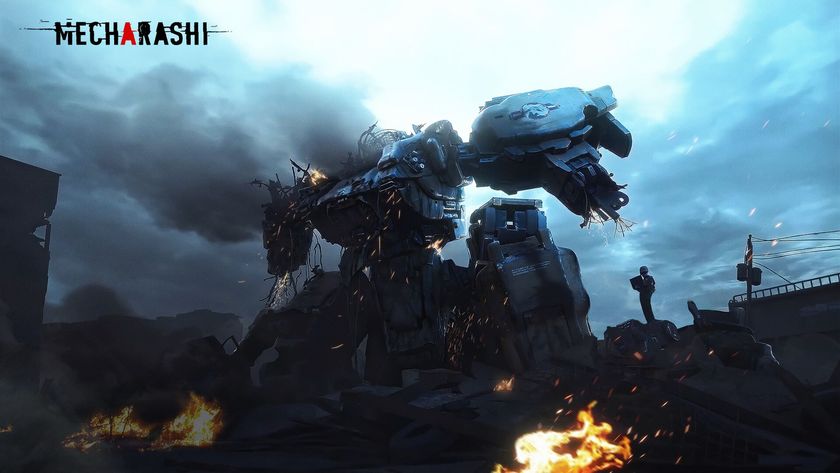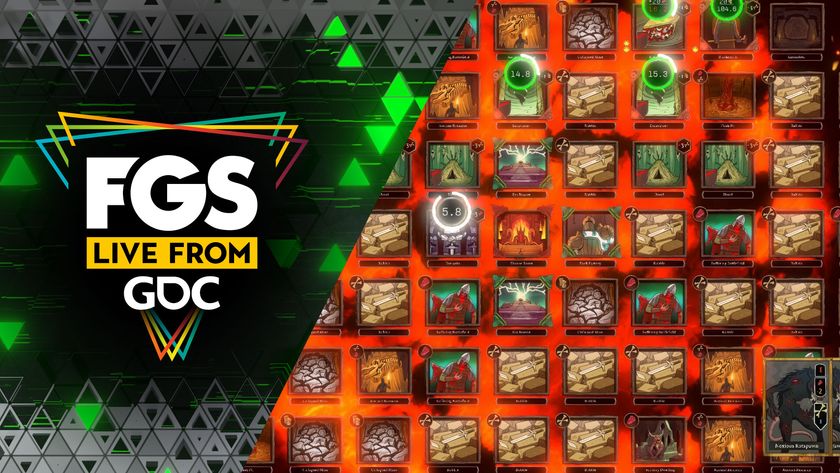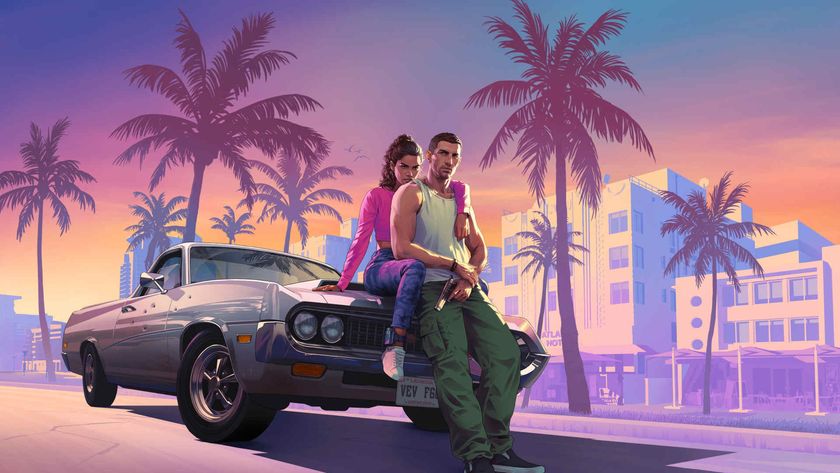CIVilized conversation with Soren Johnson
We talk with the creative force behind Civilization IV about the past and future of PC games
Why make games at all?
Soren: It’s a field where you’re writing the rules right now. Some day, 100 years from now, they’re going to be writing about the stuff we do now, because this is the crucial moment for games. Beyond that... well, 100 years ago, if I’d been born, I think I might be making board games. It’s not just games for me - I come from a real board game, strategy game backdrop.
This is what I’m about. I feel that games are such a broad category. You can do so much with games. People put it up and compare it to... well, are games like music or movies or books? I see games not like a new medium, but a new way of communicating - a new language, so much broader than a specific artistic medium. It’s so fascinating to work on. Your imagination keeps on rolling when you’re dealing with games. In all the other media, you feel as if you’re eventually going to some kind of limitation, but with games there’s no idea that’s so far off the wall that you don’t think “Hmm, I guess we could make that work some way or another.”

Games kind of hark back to the days before the schism of art and science, in that technological progress can also be artistic progress...
Soren: I know if I was around 200 years ago... How cool it’d be to have these great scientists who are really into music and whatever, and you could actually have most of modern knowledge in your brain at one time. 200 years ago, that was theoretically possible and is a neat idea. I find a lot of game designers just have a ravenous appetite for stuff. Will Wright is the classic example. There’s nothing which doesn’t interest him in some way. And this is another thing I really like about writing about games, especially games which aren’t about some made up fantasy world... when I was working on Civ, there’s literally nothing I can do or experience or learn which doesn’t relate somehow to my job.
You majored in History. That ties in with Civilization too.
Soren: It’s just very interesting to me. Here’s history... and here’s this new language of interactivity. Can this be combined in an interesting way? Is this the way to jump ahead or to the side of this giant long tradition of history and prose? I found that very interesting. I used to find it a lot more interesting than I do now. The more you get into designing games, the more you find the medium and language has huge possibilities, but also has specific limitations. The entire idea of player agency means certain topics aren’t going to be appropriate. For instance, in world history, one of the most important books of the last 10 or 15 years is Jared Diamond’s Guns, Germs and Steel... He’s saying that all history is determined by geography. I read that before working on Civ III, and was all pumped up - there’s all these great concepts which you could put to work in a macro world-history game. The thing is, if you make a Civ game based off the ideas in Guns, Germs and Steel, it’d suck. The whole point is that there aren’t choices that determine whether a civilization does well or poorly - it’s whether you have the right crops. Do you have the right animals? Are you in the right place? In early versions of Civ IV, we tried. Horses will always be on one continent and not another. We’ll show people how this stuff works. But it didn’t work in terms of gameplay. It felt unfair.
Sign up to the GamesRadar+ Newsletter
Weekly digests, tales from the communities you love, and more













